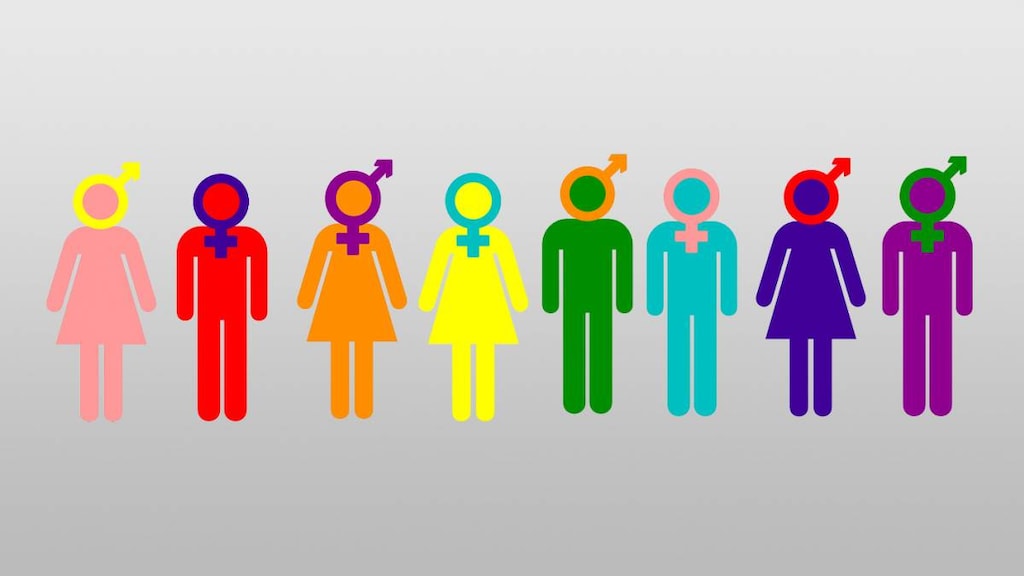
Gender dysphoria is a feeling of discomfort or distress that a person experiences when their identity (both emotional and physical) as a male or female is opposite to your biological sex. People who identify with a different gender from their gender at birth are often described as transgender.
What are the symptoms of gender dysphoria?
Symptoms usually begin during childhood, although may not occur until adulthood. Children may:
- Insist they are of the opposite sex
- Refuse to wear clothes that are typical of their gender and instead choose clothes usually worn by the opposite sex
- Be reluctant or refuse to take part in activities typically associated with their sex, but are happy to do those usually associated with the opposite sex
- Prefer to play with children of the opposite sex
- Express a desire for their genitals to change, or disliking or refusing to pass urine in a way that is typical for their biological sex (for example, girls may try to stand up to urinate and boys may sit down)
Puberty may be a time of extreme distress.
Some of these behaviors are also a normal part of childhood and may not be a sign of gender dysphoria. It is not uncommon for girls to be described as “tomboyish” and for boys to role-play as girls. This is usually just a phase unless these feelings and desires persist through the teenage years into adulthood.
People whose feelings of gender dysphoria have persisted into adulthood usually have a much clearer sense of their identity and have no doubts that their gender identity is at odds with their biological sex. They usually only feel comfortable when in the role of their preferred gender identity and have a strong desire to be rid of the physical signs of their sex, such as breasts, body hair, genitalia, or muscle definition. Some may still try to suppress their feelings; however, this can be detrimental and lead to depression, self-harm or suicidal thoughts.
How is gender dysphoria treated?
Treatment aims to help people with gender dysphoria live the way they want to live and may include:
- Counseling
- Family therapy
- Support groups and networks
- Hormone therapy
- Hair removal therapy
- Voice therapy
- Genital reconstructive surgery.
The following organizations offer support for transgender people in distress:
- The Trevor Project's 24/7/365 Lifeline at 866-4-U-TREVOR (866-488-7386)
- The National Suicide Prevention Lifeline at 800-273-TALK (8255)
- Trans Lifeline at 877-565-8860.
See your doctor as soon as possible if you are feeling depressed or suicidal.




